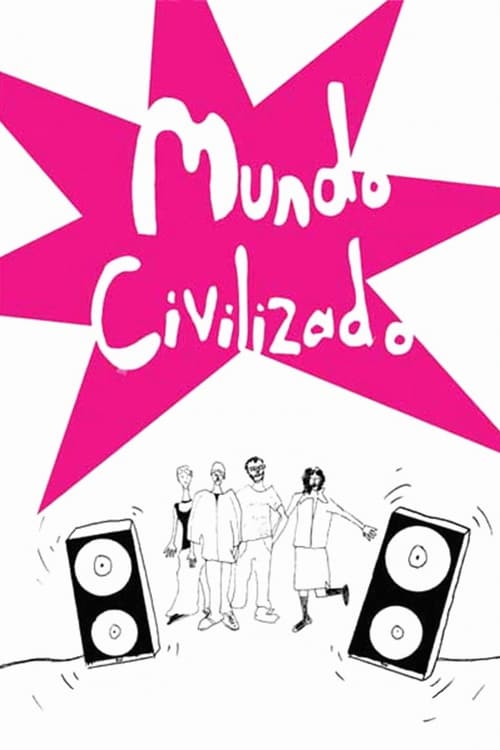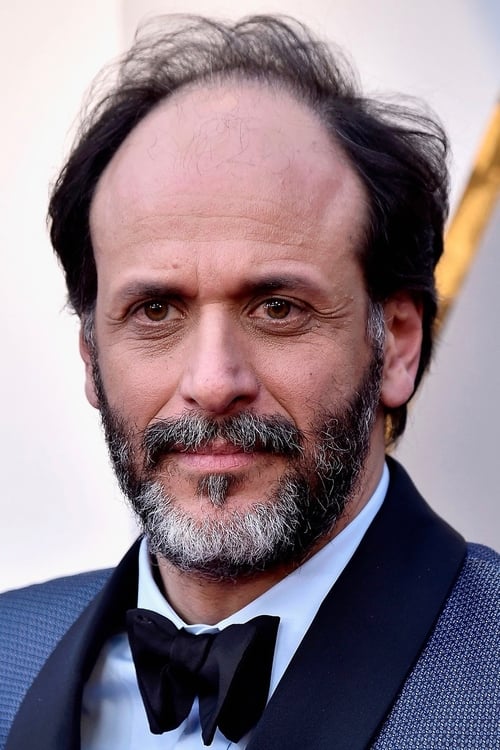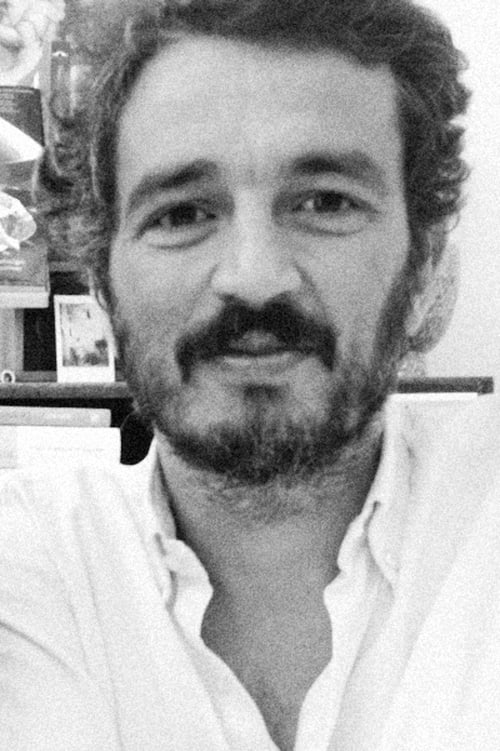Mundo Civilizado (2003)
Género : Música, Documental
Tiempo de ejecución : 1H 38M
Director : Luca Guadagnino
Escritor : Giulio Calvani, Marco Serrecchia
Sinopsis
Francesca, Morgana, Edo and Antonio. Four of today’s youngsters. Four inadvertent representatives of today’s generation of 20-year-olds who “do whatever I want”.By chance they find that they’re spending a week in Catania together, the Baroque city perched on the slopes of a volcano, the continual rumbling of which seems to reflect their restlessness…

A look inside the world of a young Japanese woman during the time of the Tokyo Olympiad (1964), from French New Wave Left Bank director Chris Marker.

A young man, who served as a peacekeeper in Bosnia and Herzegovina for a few months during the war, recounts his experiences. Throughout the film, we only see his face filmed in close-up, along with a few photos. The interview acts as a strong testimony to the failure of the international community in the Yugoslav crisis.

Un cineasta sale a la calle con su cámara a tratar de descubrir el misterio de unos gatos sonrientes que comienzan a aparecer dibujados en las paredes de París. Pero el misterio no es quién los hace, sino qué es lo que quiere decir ese gato. Y qué es lo que sucede en esas calles, esa ciudad y ese mundo en los que el gato se manifiesta. (FILMAFFINITY)

Made entirely on Roger Wagner's HyperStudio software, Chris Marker explores set theory, using Noah's Ark as an example.

A collection of three short 'haiku videos' by Chris Marker. The first haiku, 'Yanka / Tchaika', shows the river Seine passing under a bridge. A bird in flight stays motionless in the air. The second haiku, 'Owl Gets in Your Eyes', shows Catherine Belkhodja smoking a cigarette while a superimposed shot of an owl in flight fades in and out over her face. The third haiku is a tribute to the Lumière brothers. In an homage to their style, Marker documents an event of daily life in only a minute, choosing to film work on the Petite Centure (a Parisian railway) in May 1994. Due to the work, no train actually passes and we are simply shown desolate train tracks, making the haiku a dry parody of 'L'Arrivée d'un train en gare de La Ciotat'.

During the solar eclipse of August 11, 1999, Chris Marker documents the French public looking up to the skies, with many of them wearing eclipse glasses.

From Chris Marker's collection Bestiaire aka Petit Bestiaire (1990), consisting of three video haikus.

After a military coup d'état, political dissidents seek refuge in a foreign embassy. Over the next few days, they are joined by more and more people who are fleeing the military assault: teachers, students, intellectuals, artists, and politicians.

Il Supplente is a 2007 Italian comedy short film directed by and starring Andrea Jublin. He plays a substitute teacher who seems to be more hormonal than his teenage class and instigates a series of crazy games in which students are marked on their ability to mimic animals. The film was nominated for an Oscar for Best Live Action Short Film.

Short documentary ordered by the magazine "Présence Africaine". From the question "Why is the african in the Human museum while Greek or Egyptian art are in Le Louvre?", the two directors expose and criticise the lack of consideration for African art. The film was censored in France for eight years because of its anti-colonial perspective.
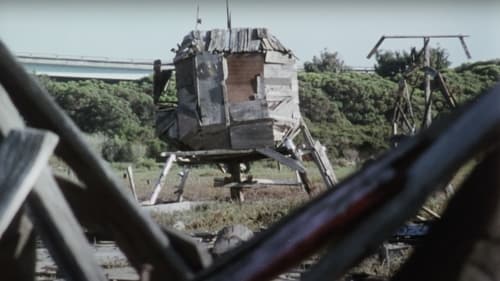
A short film that shows Boundless, Surreal objects that are juxtaposed with our present World. Cars, Motorways, noise of our modern society; A giant city in the distance - all that shrouds this lonely and forgotten island of Dreams. Filmed at the Emeryville Mudflats near San Francisco.
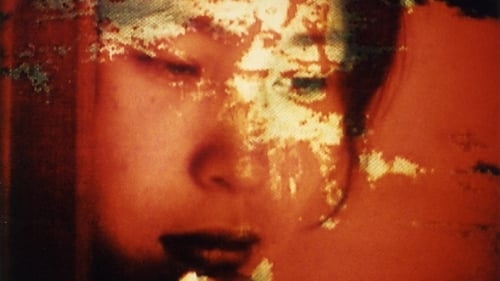
The French computer programmer Laura inherits the task of making a computer game of the Battle of Okinawa in Japan during World War 2. She searches the Internet for information on the battle, and interviews Japanese experts and witnesses. The extraordinary circumstances of the Battle of Okinawa lead Laura to reflect deeply on her own life and humanity in general, particularly the influence of history and memories.
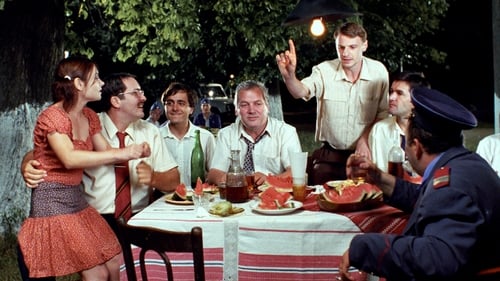
Últimos años del comunismo en Rumania. A través de cinco historias, dirigidas por cinco realizadores (Mungui, el alma del proyecto, escribió todos los capítulos y dirigió el último, "La leyenda de los vendedores de aire"), se muestra la vida cotidiana de los rumanos en esa época.

Big dreams, big blunts, big rims, and big guns. It's time to get gangsta gangsta. Ninja and Yo Landi are wheelchair-bound lovers and real gangstas. They live in the outskirts of civilization, they shoot guns for fun, smoke massive joints, and sleep in the woods. They don't have any bling to show for their gangsta cred, but the world deserves to know who they are. They're tramps, and their wheels are starting to fall off. Ninja become despondent over their vagabond existence, but Yo Landi won't let him give up. What ensues is straight up gangsta mayhem, the realist of the real, true gangsta shit.
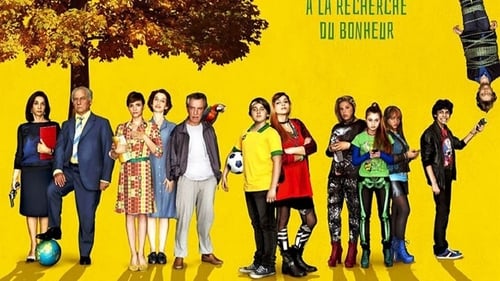
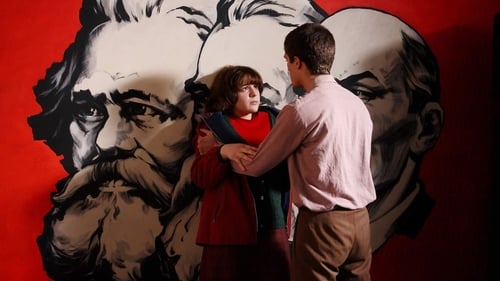
Late '50s to early '60s, when the space war between the Soviet and US was fiercely going on, a fifteen-year-old member of the communist party, Luciana, develops her ideals while living with her bourgeois stepfather, and among male chauvinists in a communist group in Rome. Her only friend is her brother Arturo, who dreams of going to space but is unable to do so due to his epilepsy.
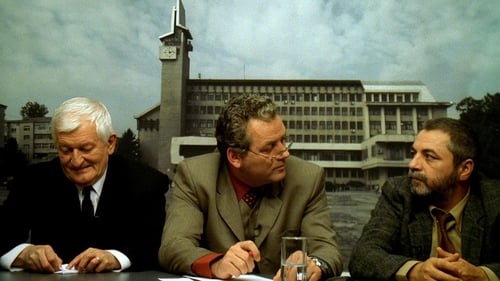
¿Qué pasaría si 16 años después de la revolución rumana y la caída de Ceaucescu el dueño de un canal local de televisión rumano ofreciera a dos invitados compartir sus momentos de gloria revolucionaria? Uno es un viejo retirado y eventual Santa Claus, el otro un profesor de historia que acaba de gastarse el sueldo en saldar sus deudas de bebida. (FILMAFFINITY)
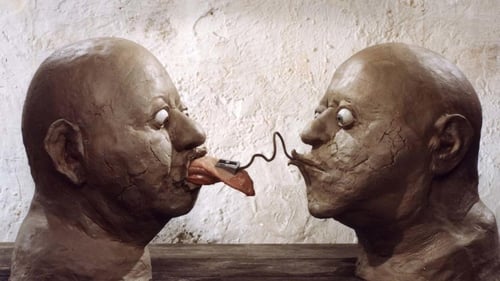
A three-part depiction of various forms of communication.
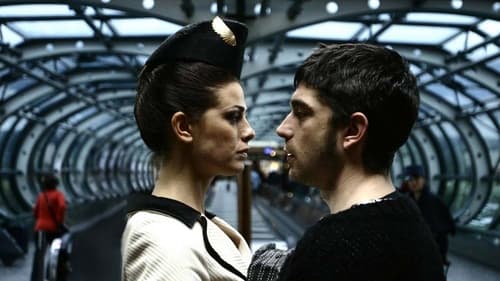
Dante, a pony express in serious debt, meets Nina, a hostess stuck in Torino for the night.
